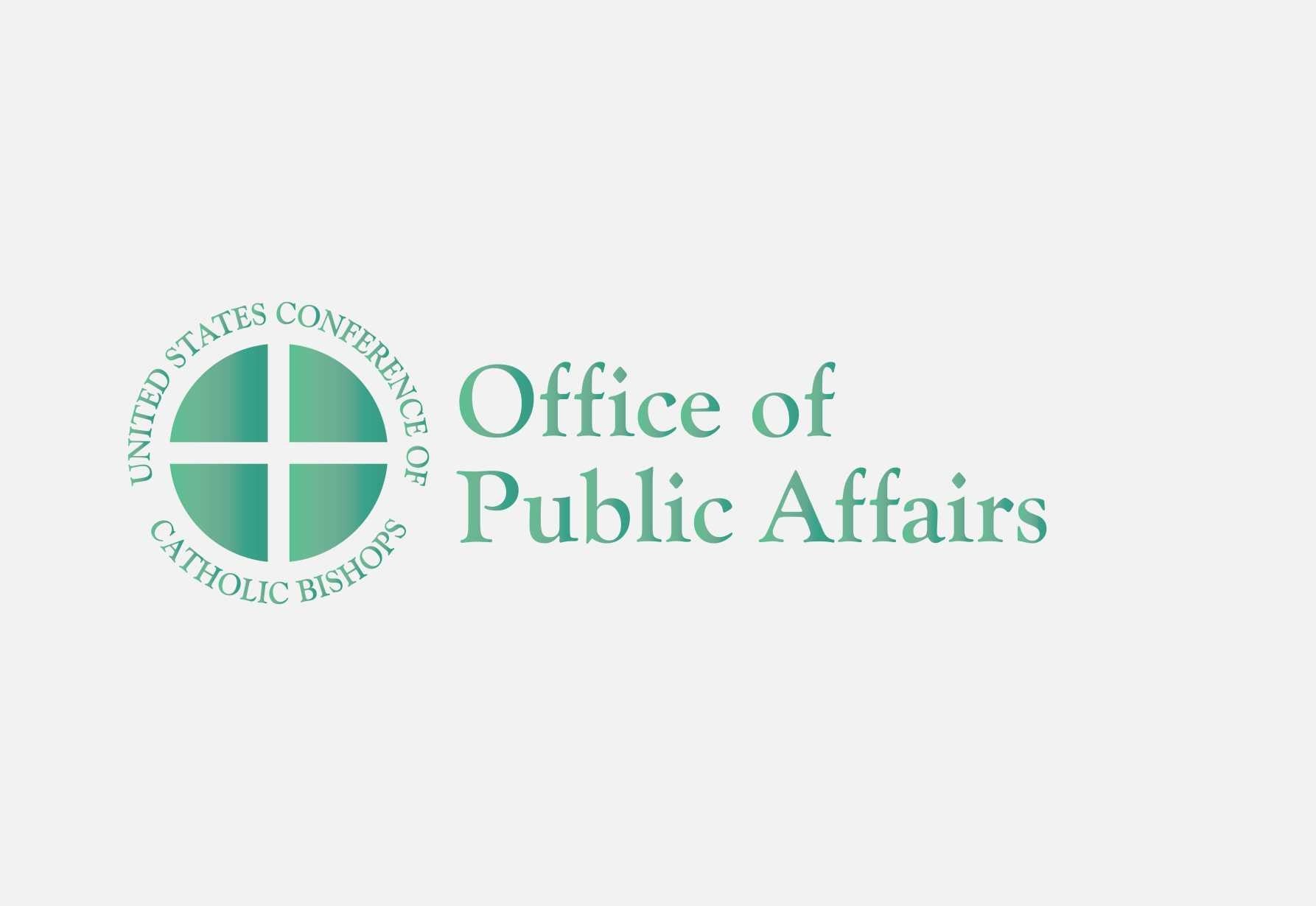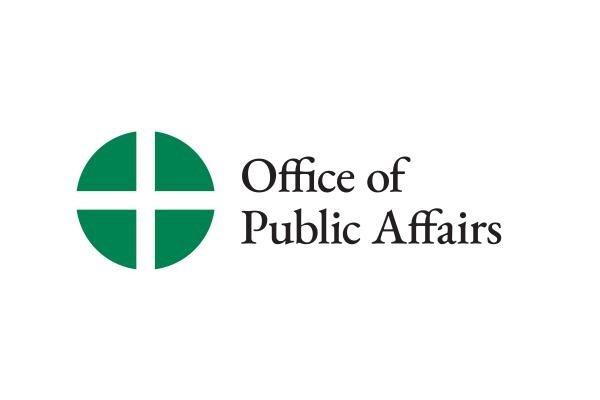Sacrificing Our Nation’s Fundamental Commitment to Humanitarian Protection Will Not Sustainably Reduce Migration, Says Bishop Seitz
While reiterating support for bipartisan cooperation that leads to immigration reform, Bishop Mark J. Seitz of El Paso also asserted that the bill now before the U.S. Senate is “flawed, both in terms of substance and form.”

WASHINGTON – While reiterating support for bipartisan cooperation that leads to immigration reform, Bishop Mark J. Seitz of El Paso also asserted that the bill now before the U.S. Senate is “flawed, both in terms of substance and form.” In a letter to Senate leadership, Bishop Seitz, who serves as chairman of the U.S. Conference of Catholic Bishops’ Committee on Migration, expressed serious concerns about some of the migration-related provisions included in the Senate’s version of the “Emergency National Security Supplemental Appropriations Act, 2024” (H.R. 815).
Taking no position on the overall measure, Bishop Seitz stated:
“We welcome and encourage genuine bipartisan cooperation to address the challenges of our time, but we believe this effort to make sweeping changes to immigration law—particularly in the context of this supplemental funding bill—is flawed, both in terms of substance and form… [S]everal changes proposed in this bill would unjustly undermine due process and pave the way for avoidable and potentially life-threatening harm to be inflicted on vulnerable persons seeking humanitarian protection in the United States. As shepherds committed to defending the sanctity of human life and upholding the God-given dignity of all, we implore you to reject those changes.”
In his letter, Bishop Seitz addressed several specific provisions that warranted concern, including those that would severely limit due process for noncitizens, make it even more difficult than it already is under current law for those with bona fide asylum claims to pursue protection in the United States, and create the opportunity for harmful, arbitrary, and counterproductive treatment of vulnerable persons. “We cannot achieve the necessary reform of our immigration system without authentic bipartisanship,” Bishop Seitz concluded, calling for a “transparent, well-informed, bicameral, and truly bipartisan approach” to immigration reform.
The full letter can be read on the USCCB website.
###
Media Contacts:
-
Chieko Noguchi

